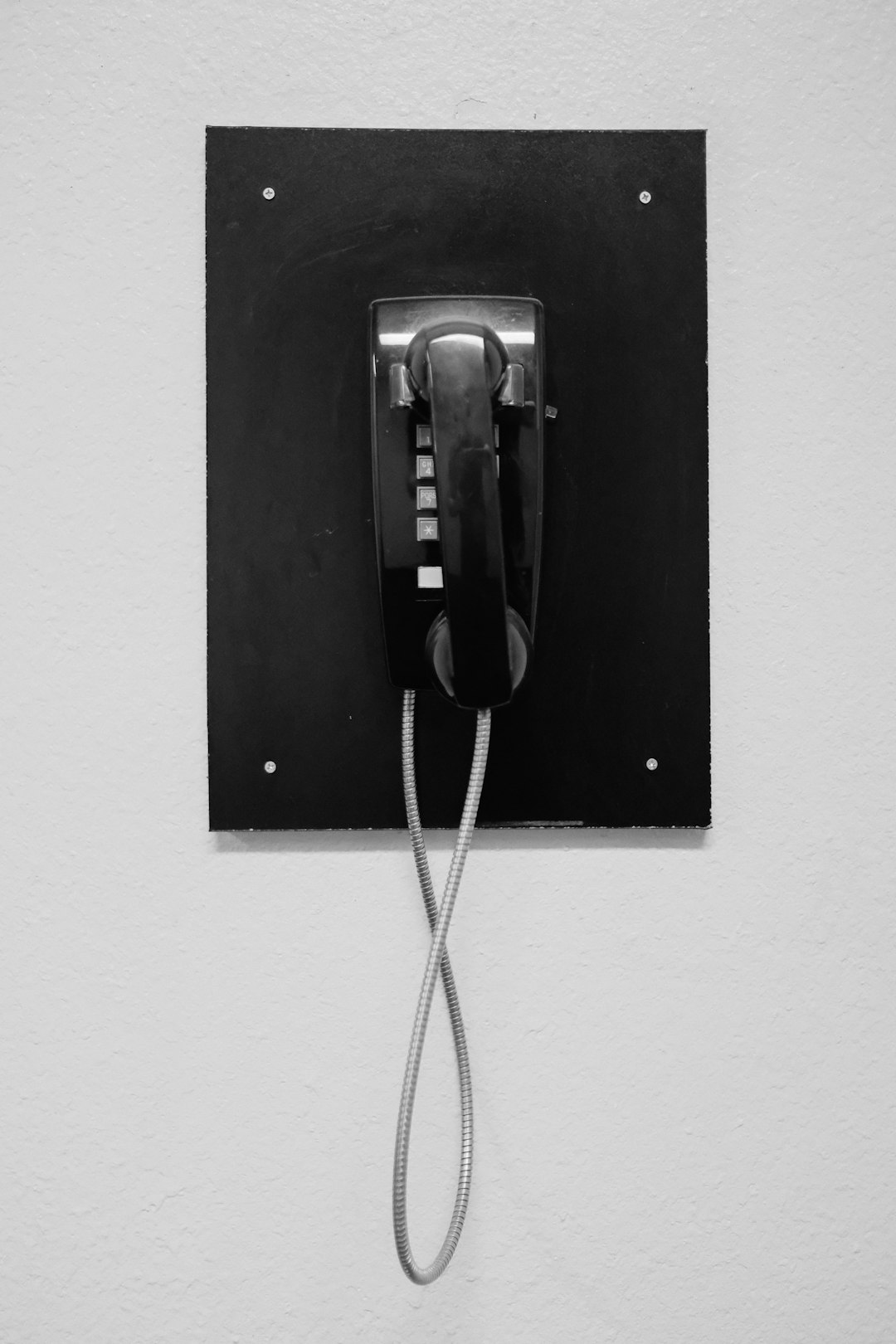Businesses in Middletown, Delaware using autodialers for telemarketing must comply with strict consent rules under the TSR and TCPA to avoid fines and reputational damage. Hiring an autodialer attorney in Delaware is crucial for navigating these regulations, which include obtaining explicit consent, crafting clear opt-out instructions, maintaining call records, and securing consumer data. This ensures compliance, protects consumer rights, and safeguards against legal issues.
In Middletown, Delaware, businesses engaging in telemarketing through auto dialers must navigate stringent consent requirements. This comprehensive guide delves into the intricate web of regulations governing auto dialers in Delaware, focusing on obtaining business consent for marketing calls. We explore the legal implications of non-compliance and provide best practices for secure and compliant autodialing. Additionally, we offer insights on finding an expert autodialer attorney in Delaware to safeguard your business from potential legal pitfalls.
Understanding Auto Dialer Regulations in Delaware

In Middletown, Delaware, businesses engaging in automated phone calls using an autodialer must adhere to strict regulations to respect consumer privacy and consent. These rules are designed to ensure that consumers aren’t disturbed by unwanted robocalls, while also allowing legitimate marketing efforts. An autodialer attorney in Delaware can help navigate these complex laws, which include obtaining prior express written consent from recipients before making automated calls, providing clear disclamer statements, and maintaining detailed records of call activities.
Understanding and complying with these regulations is crucial to avoid legal repercussions. Businesses should be aware that failure to comply may result in significant fines and damage to their reputation. An autodialer attorney in Delaware can offer guidance on best practices, including how to craft consent forms effectively, implement robust do-not-call lists, and monitor call data to ensure compliance with all relevant laws governing automated phone marketing.
Business Consent Requirements for Telemarketing Calls

In Middletown, Delaware, businesses engaging in telemarketing activities through the use of an autodialer must adhere to strict consent requirements. These rules are designed to protect consumers from unwanted and unsolicited calls. According to federal regulations, as enforced by the Telemarketing Sales Rule (TSR), businesses must obtain prior written consent before making automated telephone marketing calls. An autodialer attorney in Delaware can guide companies through this process, ensuring they comply with all necessary legal procedures.
Business owners should be aware that obtaining consent involves more than just a verbal agreement. Written consent must be documented and include clear opt-out instructions. This means providing consumers with an easy way to revoke their permission for future calls. An autodialer attorney in Delaware can assist in crafting effective consent forms and implementing systems to track and manage consumer preferences, thereby avoiding potential legal issues and fines.
Legal Implications of Non-Compliance in Middletown

In Middletown, Delaware, non-compliance with autodialer consent requirements can lead to significant legal implications. Businesses that engage in automated calling without obtaining proper consent from recipients risk facing numerous legal challenges, including fines and penalties under the Telephone Consumer Protection Act (TCPA). An autodialer attorney in Delaware can help businesses navigate these complex regulations to ensure compliance and avoid costly lawsuits.
The TCPA holds businesses accountable for unauthorized automated calls, requiring explicit consent from consumers before initiating such communications. Non-compliance not only exposes companies to financial repercussions but also damages their public image and erodes customer trust. An autodialer attorney can guide businesses through the process of obtaining and documenting consent, ensuring that all automated calling practices are in line with the law, thereby safeguarding against potential legal liabilities.
Best Practices for Secure and Legal Auto Dialing

When implementing an autodialer system, businesses in Middletown, Delaware, must adhere to stringent legal and ethical standards to ensure compliance. Best practices for secure and legal auto dialing involve obtaining explicit consent from customers before initiating automated calls. This process should be thorough, allowing individuals to easily opt-in or opt-out of receiving such communications. Engaging the services of a knowledgeable autodialer attorney in Delaware can help businesses navigate these complexities and establish robust procedures that protect consumer rights while facilitating effective marketing strategies.
Additionally, secure data storage and encryption methods are vital to safeguard customer information. Businesses should implement measures to prevent unauthorized access and breaches, ensuring privacy and compliance with relevant data protection regulations. Regular reviews of autodialer systems and consent management processes are essential to staying ahead of evolving legal requirements and maintaining consumer trust.
Finding an Autodialer Attorney in Delaware

In Middletown, Delaware, businesses navigating the complex landscape of telemarketing regulations often require legal guidance to ensure compliance, especially with the use of autodialers. Finding an experienced autodialer attorney in Delaware is crucial for understanding and adhering to state-specific consent requirements. These professionals specialize in telecommunications law and can offer valuable insights into best practices for implementing automated dialing systems while respecting consumer privacy rights.
Delaware’s laws regarding telemarketing, including the use of autodialers, are designed to protect residents from unwanted calls and ensure fair business practices. An autodialer attorney in Delaware will be well-versed in these regulations, helping businesses establish proper call consent protocols, draft comprehensive privacy policies, and implement robust systems for managing consumer opt-outs. Their expertise can prevent costly legal issues and maintain a positive public image by demonstrating ethical marketing strategies.






